Stroke Signs and Symptoms
Immediate medical care is crucial to surviving and recovering from stroke. Knowing the signs and symptoms is the first step to making sure you get help right away. For each minute a stroke goes untreated and blood flow to the brain continues to be blocked, you or your loved one will lose about 1.9 million neurons—seriously affecting your speech, movement, memory, and more.
Know the Signs
Signs of stroke are sudden and may include:
- Numbness, tingling, or weakness in the face, arm, or leg, often only on one side of the body
- Face or eyelid drooping to one side
- Confusion or trouble understanding
- Problems speaking
- Problems seeing out of one or both eyes, sudden change in vision
- Dizziness or trouble with balance, coordination, or walking
- Sudden, severe headache with no known cause
- Nausea or vomiting
- Seizure
Remember: "BE FAST" in Case of Stroke - Call 911!

B = Balance
Is the person experiencing a sudden loss of balance? Do they lean to one side or stagger when walking?
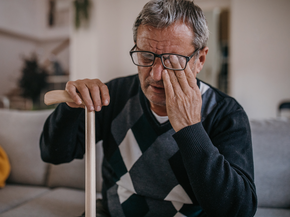
E = Eyes
Has the person lost vision in one or both eyes? Do they have double vision that doesn't go away with blinking their eyes?
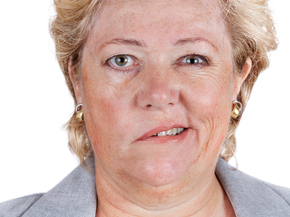
F = Face
Ask the person to smile. Does one side of the face droop?
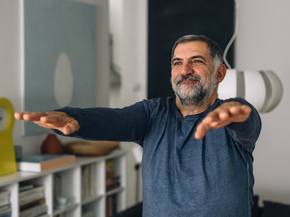
A = Arms
Ask the person to raise both arms. Does one arm drift downward?
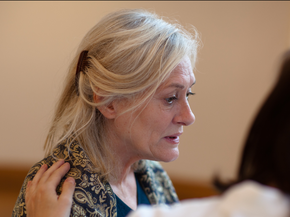
S = Speech
Ask the person to repeat a simple sentence. Does their speech sound slurred or strange?
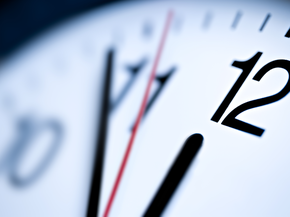
T = Time
Stroke can be very treatable if care is immediate. For each minute a stroke goes untreated, about 1.9 million neurons are lost—seriously affecting speech, memory, movement, and more.

"BE FAST"
If you observe any of these signs in yourself or others, call 911!
Do NOT drive yourself to the hospital.
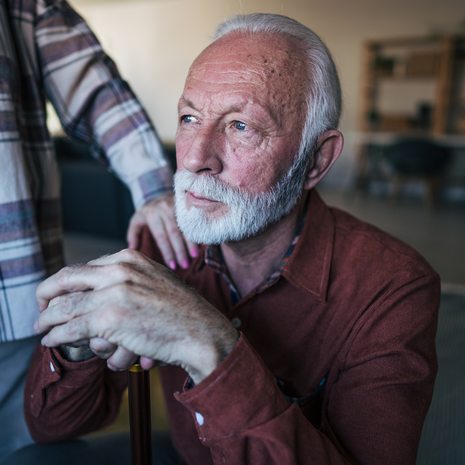
Stroke Care at St. Luke's
Experience and Expertise are Critical When Every Second Counts
From risk assessment and prevention to emergency/acute care, surgery, and recovery, our specially trained physicians, nurses, and therapists are committed to your best possible outcome.